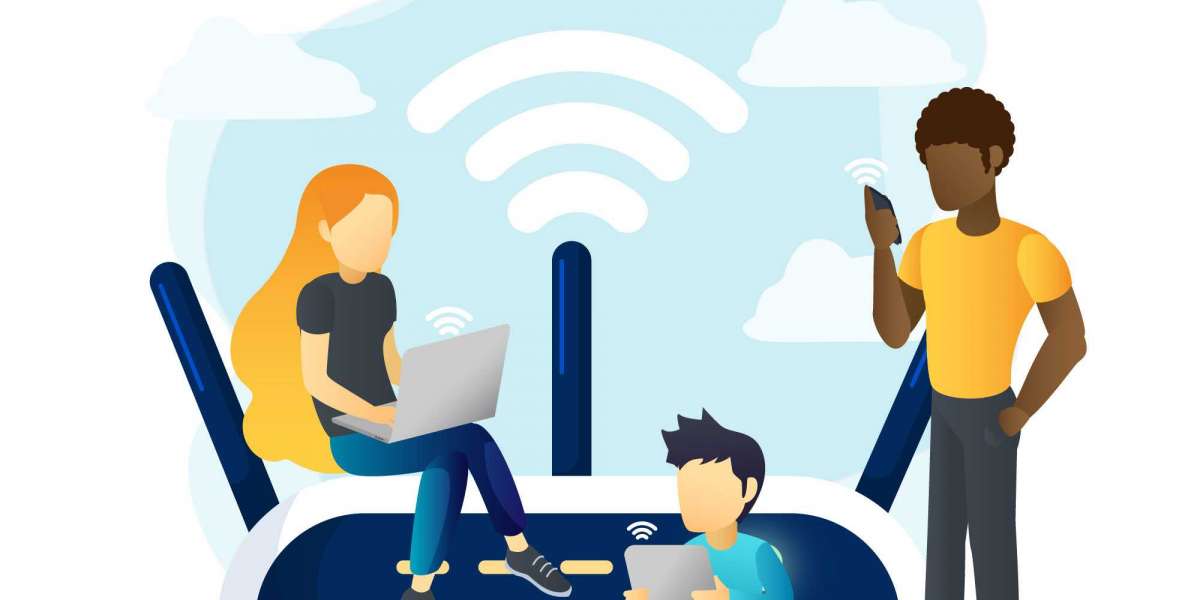Understanding Internet Services
Before diving into the search for affordable internet service, it’s important to understand the different types of internet connections available. The main types are:
- DSL (Digital Subscriber Line): This type of connection uses existing telephone lines to provide internet access. It’s widely available and often more affordable than other options. However, speeds can vary based on your distance from the provider's central office.
- Cable: Cable internet uses the same coaxial cables that deliver cable television. It generally offers faster speeds than DSL and is a popular choice in urban areas. The downside is that speeds may slow down during peak usage times when many people are online.
- Fiber-Optic: Fiber-optic internet is the fastest option available, using thin strands of glass to transmit data as light. This service is ideal for heavy internet users, such as gamers and those who frequently stream videos. However, fiber-optic networks are not as widespread as DSL or cable, which can limit availability.
- Satellite: Satellite internet is available almost everywhere, making it a good option for rural areas. However, it can be slower and more expensive than other types of connections due to the latency involved in sending data to and from satellites.
- Fixed Wireless: This option uses radio signals to provide internet access. It’s often used in rural areas where traditional cables cannot reach. The performance can vary based on the distance from the tower and the weather conditions.
Key Features to Consider
When searching for the best affordable internet service, there are several features to consider:
Speed
Internet speed is measured in megabits per second (Mbps). The speed you need depends on how you use the internet. For basic browsing and emailing, a speed of 1-5 Mbps may suffice. However, for streaming movies, gaming, or working from home, you’ll likely need at least 25 Mbps or more.
Data Caps
Some ISPs impose data caps, which limit the amount of data you can use each month. If you frequently stream videos or download large files, look for a plan with no data caps or a high limit to avoid overage fees.
Contract Length and Fees
Many providers require you to sign a contract, which may lock you into a specific price for a certain period. Be cautious of hidden fees, such as installation charges or early termination fees. Look for providers that offer month-to-month plans without penalties.
Customer Service
Good customer service is crucial, especially if you encounter issues with your connection. Research providers’ reputations for customer support, including response times and helpfulness.
Bundle Options
Many ISPs offer bundle packages that combine internet service with television and phone services. Bundling can save you money compared to purchasing each service separately, but make sure you only pay for what you need.
Tips for Finding Affordable Internet Service
Finding the best affordable internet service requires some research and patience. Here are some tips to help you navigate the options:
1. Compare Prices
Start by comparing prices from different providers in your area. Many websites allow you to enter your zip code to find local ISPs and their plans. Create a list of options to compare speeds, prices, and features side by side.
2. Check for Promotions
Many ISPs offer promotional rates for new customers. These promotions can significantly reduce your first year’s costs. However, be aware of what the price will revert to after the promotion ends. Factor this into your budget when making a decision.
3. Consider Your Usage
Assess your internet usage habits. If you primarily browse the web and check email, you may not need the fastest plan. Understanding your needs can help you choose a more affordable option without overpaying for unnecessary speed.
4. Look for Local Providers
Don’t overlook local ISPs that may offer competitive rates and better customer service than larger national companies. Local providers may have tailored plans that fit your needs better than generic packages.
5. Ask About Discounts
Many ISPs offer discounts for students, military personnel, and low-income families. If you fall into any of these categories, don’t hesitate to ask about available discounts when inquiring about plans.
6. Read Customer Reviews
Check online reviews from current and past customers to get a sense of the service quality and reliability. This can provide insight into the provider’s customer service and any potential issues you may encounter.
7. Negotiate
Once you have a plan in mind, consider reaching out to the provider to negotiate your rate. Many companies are willing to offer lower prices or additional perks to secure your business.
Conclusion
Finding the best affordable internet service doesn’t have to be overwhelming. By understanding the different types of internet connections, considering your usage habits, and comparing various providers, you can make an informed decision that fits your budget. Remember to look for promotions, check for discounts, and don’t hesitate to negotiate. With a little effort, you can secure an internet plan that meets your needs without breaking the bank.




